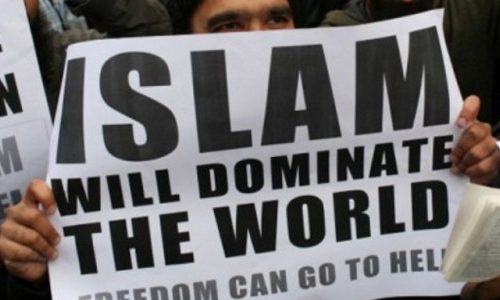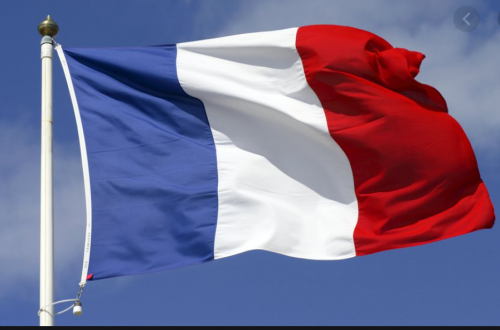I was interested to read that France’s interior ministry was (apparently) attempting to shut down a website which draws attention to allegations of violence and discrimination by the French police against Muslims, citing defamation as the reason behind this step. A Press TV report is the main source for this story, but here is a link to a recent interview with the site’s founder, Amal Bentounsi, who started the website after her brother was reportedly shot by a police officer.
On the spot, I was asked questions about site content, including video created from photos that speak the positioning of the police. The video is still available on the website . I was told that it was defamatory to say “police murder”. It lasted an hour at the police station. I have not answered all the questions, which told the policeman who asked me: “For someone who criticizes things you débinez, you do not assume. “I said that I expected the advice of my lawyer. Since this interview, I have not heard from them.
The events surrounding the shooting of her brother seem confusing, and clarity isn’t helped by the automatic translation. This interview seems to contradict the Press TV report because it does not refer to any wish to shut the website down (although perhaps that is implicit) only to the fact that Bentounsi is facing some kind of legal process for ‘defamation’. So it seems that the story is perhaps a rather less dramatic one than Press TV (and Loonwatch and Islamophobia Watch) have been claiming. However, going by what I’ve sampled from the site, it certainly doesn’t seem like the kind of commentary which should be banned because it is ‘defamatory’, any more than many other partisan, campaigning websites with an axe to grind against some aspect of the establishment.
What might, however, get it in trouble with the law is its use of videos of the police in action. In this respect French law seems stricter than UK law. The UK position could be seen as ambiguous, because it is illegal to take photographs which might be used to aid terrorism, and perhaps difficult to know how precisely to establish whether this is a real danger. The French law seems both clearer and tougher on the issue.
On October 14th 2011, the tribunal of Paris ordered 7 French internet service providers to censor the website Copwatch Nord-Paris IDF on the ground that it was collecting and publishing photos of police officers. On November 4th 2011, the supreme court (Cour de cassation) ruled that TF1 journalists should have obtained from police officers, written consents to revealing their name in a documentary (case 10-24761), even though the journalists had already their written consents to filming.
Citizens filming police officers committing violent acts are automatically committing the infraction of complicity (art.222-33-3 of the penal code) which is punished by up to 20 years in prison in case of torture. If they publish the video, it is an offense that carry a maximum penalty of 5 years in jail and a €75,000 fine (art.222-33-3 of the penal code).
So – even though Bentounsi may have justice on her side (Amnesty has raised related concerns about the French police in the past) she seems to have fallen foul of the letter of the law, and Loonwatch’s charge of ‘free speech hypocrisy’ doesn’t really hold. More information on this case would be welcomed as would information (or corrections) on the different legal issues at stake.


